Hello this is Simon,
This time I had a bit of trouble thinking of what to write about. When I’m stuck for ideas, I’ll sometimes have a look my list. It is a list of common mistakes that I have come across while checking assignments. I had a look at it for a while, but nothing really jumped out at me. The problem with many of these common mistakes, is that they can be explained in a couple of sentences, so there is just not enough material to write a blog.
However, I did come across a few of these mistakes which had something in common. There were pairs of words that have similar meanings but are not quite the same. The way they are used in sentences is different, and even though they appear to be interchangeable, they aren’t. So, this time I decided to put together pairs of words (and in some cases phrases) that are commonly mistaken by students.
Below are a series of sentences. Each contains a common mistake, which is an incorrect word or phrase. How many can you find?
・”I looked on the internet today and knew about some Japanese festivals, and I knew that the Nebuta Festival is held in Aomori.”
・ “During Tanabata, children write their hopes on strips of paper.”
・ “I wish I can go to my local festival on August 11th.”
・ “I think how much it is going to cost.”
・ “The weather slowly became worse and worse.”
・ “I mistook my answer in the test.”
・ “Next week is my mother’s birthday, so I will find a present for her at the department store.”
・ “If the clothes you purchase are broken in any way, you can exchange them.”
・ “In case of a fever, please stay home.”
・”After breakfast I wear my uniform, and go to work”
・”Yesterday, I noticed that he had been lying to me this whole time.”
So, how did you get on? Did you find any mistakes?
Some of them were a little tricky. The following highlights the mistake in each sentence, and has a basic explanation of how the two similar words (or phrases) differ. I placed the correction in brackets beside the incorrect word.
know vs find out/learn
“I looked on the internet today and knew (learned) about some Japanese festivals, and I knew (found out) that the Nebuta Festival is held in Aomori.”
To “know” means to already have knowledge about something. To “find”, “find out”, or “learn” means to discover or get knowledge of something (to go from having no knowledge about it to having knowledge about it.)
For example: I already knew it was his birthday./I just found out/learned it was his birthday.
wish vs hope
“During Tanabata, children write their hopes (wishes) on strips of paper.”
“I wish (hope) I can go to my local festival on August 11th.”
A “wish” is also something that we ask to be granted by a god or some entity. A “hope” is something good that we want to happen in the future. We often think there is often reasonable chance of it happening.
For example: I wrote a wish for world peace. / I have a hope to get into a good university.
To “hope” means to want something to happen or to be true. There is usually have a good reason to think this. To “wish” means to hope that something you want will be made real because of good luck or magical powers. It is usually used with “would” or “could”, and often something that is impossible or unlikely to happen.
For example: I hope to pass the next test. / I wish I could just graduate without having to do any tests.
To “wish” is also often used to express that we are unhappy about a situation. For example: I wish he wouldn’t keep coming over and talking to me.
think vs wonder
“I think (wonder) how much it is going to cost.”
To “wonder” means to ask ourselves questions or express that we want to know about something. To “think” means to believe or have an opinion about something.
For example: I wondered what time he would arrive. / I wondered if he would be late. /I thought he would definitely be late.
With “think” we use prepositions “about” or “of”. With wonder, we are usually questioning how or why something happens or can happen, so “wonder” is often used in sentences like “I wonder why…” or “I wonder how…”
get vs become
“The weather slowly ‘became’ (got) worse and worse.”
To “get” and to “become” both mean to change to another condition or state. However, each one is used with different words.
“Get” is used to show a progressive change, things that are changing by degrees. It is used with adjectives (not nouns), and also comparatives. For example:
get angry (angrier)
get dark (darker)
get worse
get hot (hotter)
“Become” is used to show a complete change, so it is often used with nouns. For example:
become a teacher
became red (with blushing)
become silent
become a model student
mistake vs make a mistake
“I mistook (made a mistake with) my answer in the test.”
To “make a mistake” means to do something that is not correct by accident. To “mistake” something means to think something is something else.
For example: I mistook you for Jim (I thought you were Jim.) / I made many mistakes in the test.
find vs look for
“Next week is my mother’s birthday, so I will find (look for) a present for her at the department store.”
To “look for” something means to search for it. It is the process. To “find” something means to discover where that thing is. It is the result.
For example: I looked for my keys. / I found them under my bed.
There is one exception, which is the phrase “try to find”. It means pretty much the same as “look for”. For example: I tried to find/looked for my iPhone.
brake vs damage
“If the clothes you purchase are broken (damaged) in any way, you can exchange them.”
“Broken” means something doesn’t work or is in pieces. It is usually used for machines, electronic devices, or solid objects. “Damaged” means that something is harmed in some way so can be used for pretty much anything.
For example: The skin/fabric/surface/material is damaged. / The hard drive/TV/windscreen/fan is broken.
in case of vs in the case of
“In case (the) of a fever, please stay home.”
“In case of” is used when you prepare or do something for an event happening.“In the case” means “in the situation…”
For example: I prepared an emergency kit in case of an earthquake./In the case of an emergency, please evacuate using the stairs not the elevator.
put on vs wear
“After breakfast I wear (put on) my uniform, and go to work”
To “put on” something is the actual act of putting clothes, accessories, makeup etc. on our bodies. To “wear” something is the actual state of clothes, accessories, makeup etc. being on our bodies.
For example: I’ll put on a raincoat if it rains. / I wear a raincoat when it is raining.
notice vs realize
“Yesterday, I noticed (realized) that he had been lying to me this whole time.”
To “notice” something means to see, feel, hear, or become aware of something. It involves our direct senses. To “realize” means to come to understand something. It involves thinking.
For example: I noticed that he was staring at me. / I realized that he had been staring at me for a long time.
Each of these pairs of words has very little in common with the other pairs. They are just pairs of words which have similar meanings, and people often use the wrong one in a sentence. So, it’s a little bit random, but I hope you found something useful in it.
See you next month!
Simon

Hello! My name is Simon.
I am from New Zealand, and have been living and teaching English in Japan since 1999.
My hobbies include movies, playing the guitar, gardening and hiking.
※このブログでは英語学習に役立つ情報アドバイスを提供していますが、本ブログで提供された情報及びアドバイスによって起きた問題に関しては一切、当方やライターに責任や義務は発生しません。
※ここでの情報や助言を参考に英文を書いたり下した判断は、すべて読者の責任において行ってください。ここに掲載されている記事内の主張等は、個人の見解であり当社の意見を代弁・代表するものではありません。
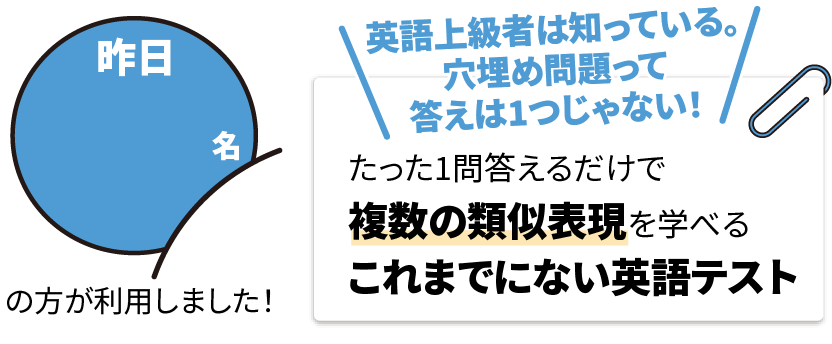




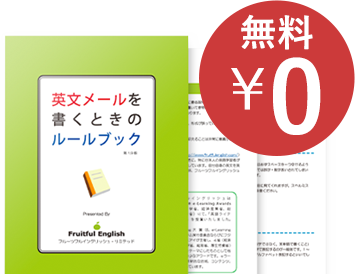
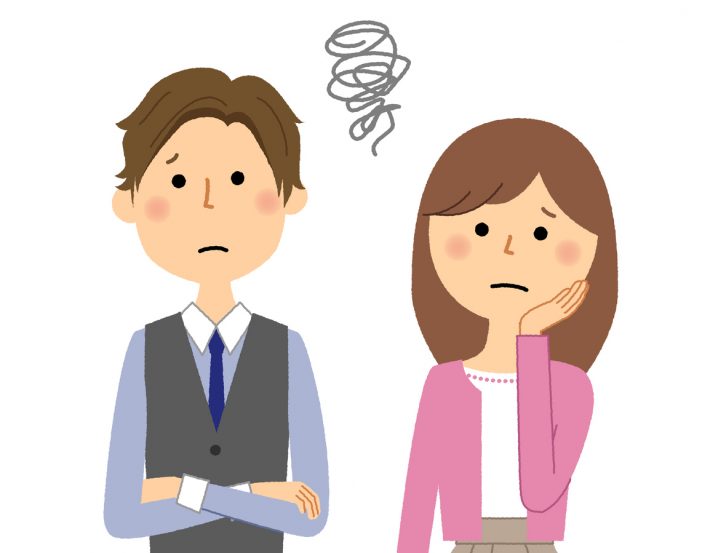
 (18 イイネ!が押されています)
(18 イイネ!が押されています)











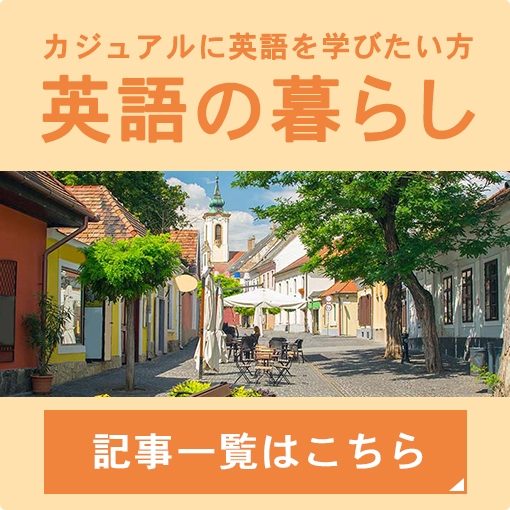

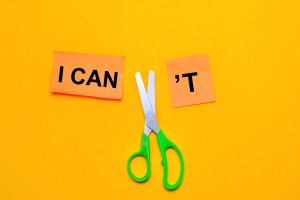





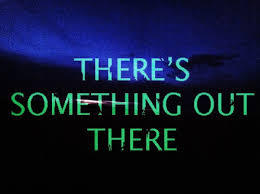








Hi.Simon.
Your blog was very nice, so I learned many things. I wrote your comments on my notebook. See you soon.
Hi Moo,
Thank you for your comment!
from Blog team.